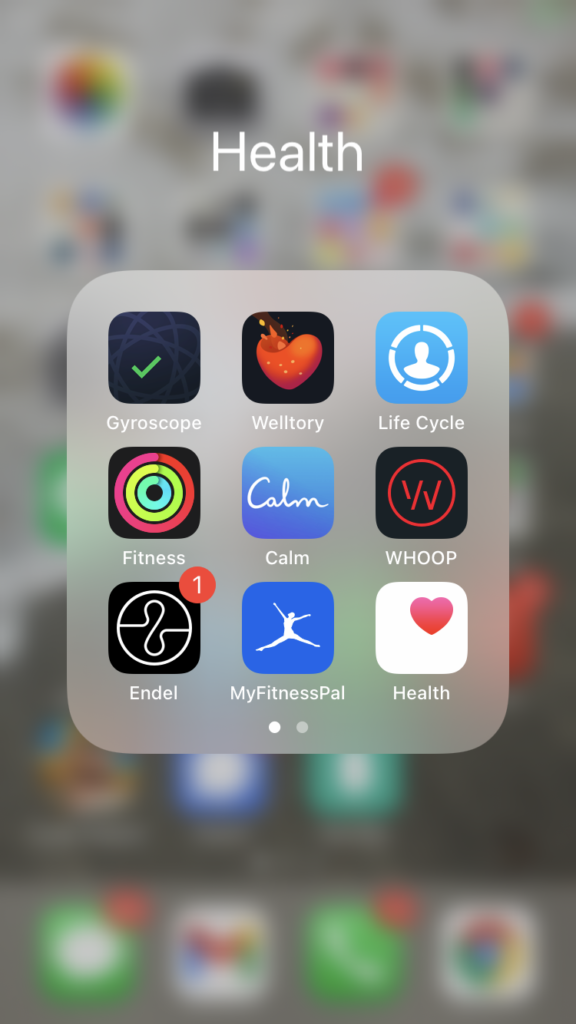I was once asked by someone how I can act so quickly on major life decisions when they needed to mull a change over for months. I found the question confusing as I don’t think of myself as being particularly fast or even impulsive.
Well, that’s a lie, I’m impulsive about lots of shit but never anything of consequences. When it’s a major life decision I gather information for years so if the opportunity presents itself I’m prepared to act immediately. I take the bias towards action seriously.
But I only make a move when I believe I’ve crossed a threshold of information where the benefits of action clearly outweigh the benefits of inaction. I’ll make a move when I think I’ve got a better chance of winning than losing. Or when it’s clear that if I don’t act at all I’ll have a losing hand. But I generally only needs the odds to be tilted to a plurality of probability. Especially if it’s an action I can undo later. It’s not always easy to know if you can win. Sometimes the best you can do is recognize that inaction is weakening your position.
Part of my comfort in my process for taking action is I am a researcher by nature. If I’m interested in a topic I’ll begin with exposure right away. I’ll do the light skimming research the internet has enabled through articles and videos. I’ll dive deeper and purchase books. I’ll find experts in the field and begin following them. If I have questions I’ve got a habit of emailing the source. And then I’ll start doing what I can to implement my research with small scale experiments.
Chances are if you see me making a major move it’s because I’ve been considering the possibility of action for years. I like to be prepared to act immediately if an opportunity presents itself. If a situation presents itself I want to be ready. That way I’m positioned for luck. Seneca had it right. Luck is when preparation meets opportunity. But you can only have luck if you are willing to do the work of preparing and be ready to take action if opportunities present themselves.
